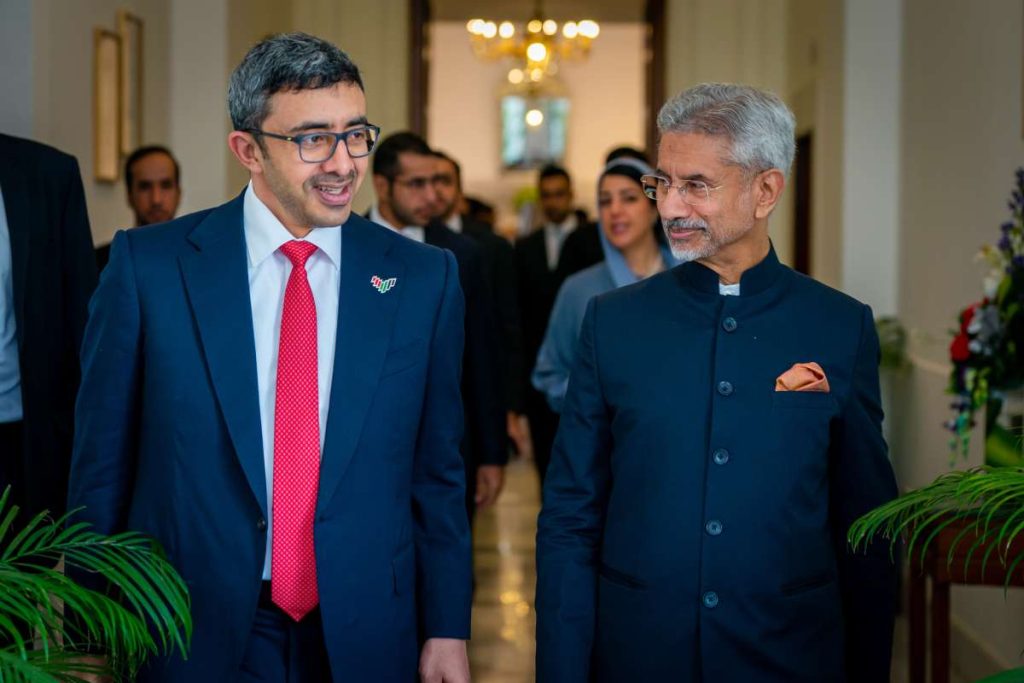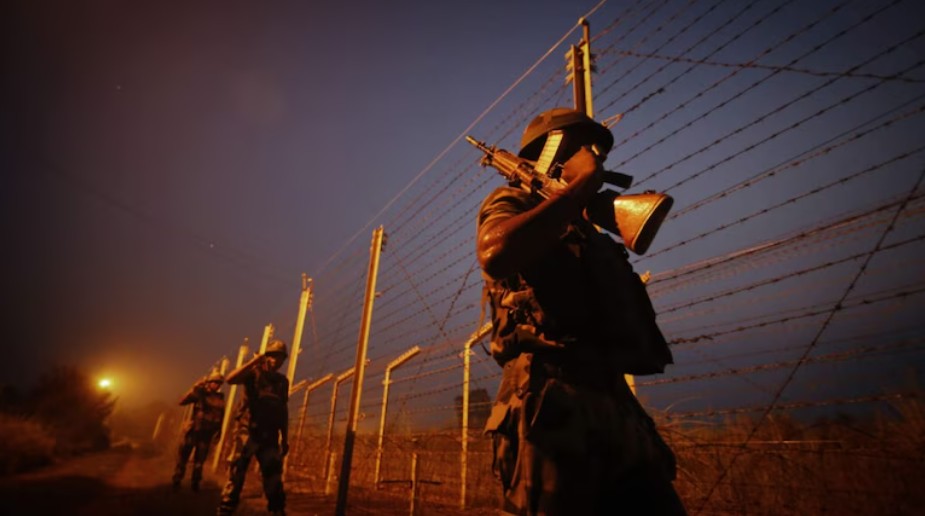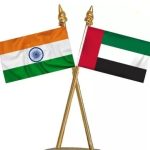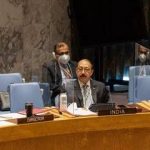Sheikh Abdullah bin Zayed Al Nahyan, UAE’s Minister of Foreign Affairs, urged Inda and Pakistan to “exercise restraint” and avoid further escalation that could imperil regional and global peace
The United Arab Emirates, Saudi Arabia, and the European Union have called for calm and dialogue amid rapidly escalating tensions between India and Pakistan, even as Indian armed forces successfully thwarted a wave of cross-border drone and missile strikes launched by Pakistan overnight. The confrontation follows India’s targeted Operation Sindoor against terror camps in Pakistan and Pakistan-occupied Kashmir in response to the April 22 Pahalgam terror attack that killed 26 civilians.
Sheikh Abdullah bin Zayed Al Nahyan, UAE’s Minister of Foreign Affairs, urged both countries to “exercise restraint” and avoid further escalation that could imperil regional and global peace.
He stressed the importance of heeding the voices calling for dialogue and mutual understanding to prevent military escalation, strengthen stability in South Asia, and avoid further regional tensions.
The top diplomat also reaffirmed that diplomacy and dialogue remain the most effective means of peacefully resolving crises, and achieving the shared aspirations of nations for peace, stability, and prosperity.
India’s External Affairs Minister S. Jaishankar, meanwhile, held a high-level meeting with Saudi Arabia’s Minister of State for Foreign Affairs Adel Aljubeir in New Delhi. “Shared India’s perspectives on firmly countering terrorism,” Jaishankar posted on X, following the meeting. The visit, termed “unscheduled” by analysts, came just hours after India’s military operation in Pakistan and days after Saudi Arabia condemned the Pahalgam attack in “the strongest terms.”
In a parallel diplomatic outreach, Jaishankar also spoke with his counterparts from Japan, France, Germany, Spain, and Qatar, emphasising India’s calibrated and non-escalatory military action. The Indian government maintains that its operations were measured responses against terror infrastructure, not military assets, and were conducted with a view to avoid further inflaming tensions.

Nonetheless, Islamabad’s response was swift and aggressive.
In the early hours of May 9, Pakistan launched a major retaliatory assault across the western frontier using drones, missiles, and artillery. The Indian Armed Forces intercepted the majority of the incoming threats using advanced air defence systems, including the S-400, and neutralised multiple Pakistani aircraft, including an F-16, two JF-17s, and an AWACS (Airborne Warning and Control System) jet, according to defence sources.
Military stations in Jammu, Pathankot, and Udhampur came under attack but sustained no damage, the Integrated Defence Staff confirmed. Simultaneous ceasefire violations were reported along the Line of Control in Jammu and Kashmir, prompting Indian retaliation.
Colonel Sofiya Qureshi of the Ministry of External Affairs said India’s response was proportionate and limited to the domain and intensity of Pakistan’s attack. “This morning, the Indian Armed Forces targeted air defence systems in multiple Pakistani cities, including a radar installation in Lahore,” she said at a media briefing.
The wave of Pakistani drone incursions triggered blackouts in several Indian cities including Jammu, Pathankot, Amritsar, and Jaisalmer, as air raid sirens warned residents to seek shelter. Loud explosions were reported in Rajasthan and Jammu, with debris from intercepted missiles recovered from various sites.
Amid these developments, the European Union joined the UAE and Saudi Arabia in calling for calm. The EU condemned the Pahalgam massacre unequivocally and stressed that terrorism can never be justified under any circumstances. It called on both India and Pakistan to show restraint, prevent further attacks, and safeguard civilian lives.
India’s military operation—codenamed Operation Sindoor—was launched on May 7, targeting nine terror camps in Pakistan and PoK. Defence officials described the strikes as precise and aimed solely at dismantling infrastructure linked to the perpetrators of the Pahalgam massacre.
“We have demonstrated considerable restraint,” said Colonel Qureshi. “Our actions were non-escalatory and targeted solely at the source of the threat.”
Pakistan, however, escalated the conflict by launching missiles and drones at Indian military targets, triggering India’s robust air defence response. Defence sources noted that more than 70 incoming projectiles were destroyed mid-air, preventing civilian or military casualties.
In a significant counter-air operation, India shot down Pakistan’s F-16 near the Sargodha air base and two JF-17 fighter jets that attempted to breach Indian airspace. The downing of an AWACS aircraft has further dealt a blow to Pakistan’s battlefield coordination capabilities.
Meanwhile, Indian officials held a high-level all-party meeting in New Delhi to brief political leaders on the unfolding security situation. Defence Minister Rajnath Singh, Home Minister Amit Shah, and top opposition leaders including Congress President Mallikarjun Kharge and Rahul Gandhi were in attendance. Foreign Secretary Vikram Misri and Wing Commander Vyomika Singh also addressed the media, reiterating India’s firm position against cross-border terrorism.













